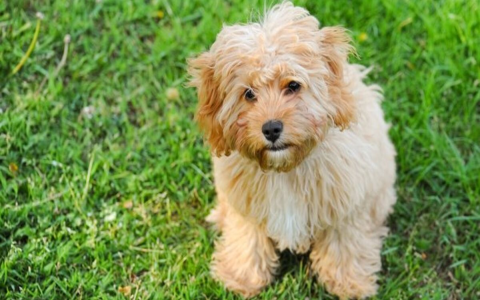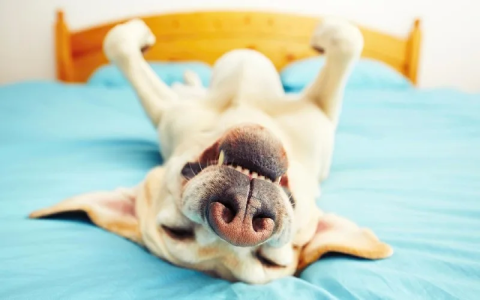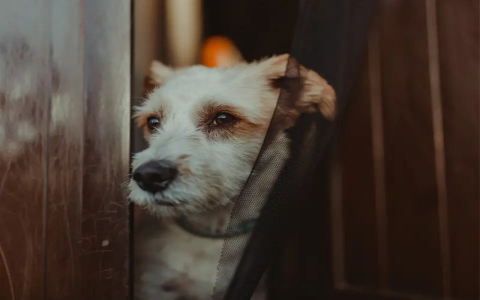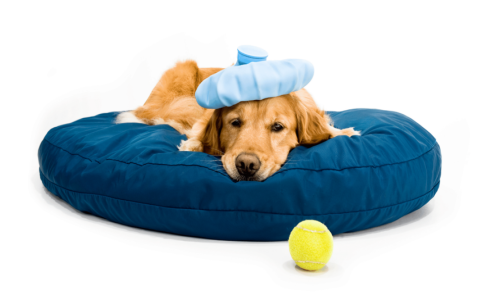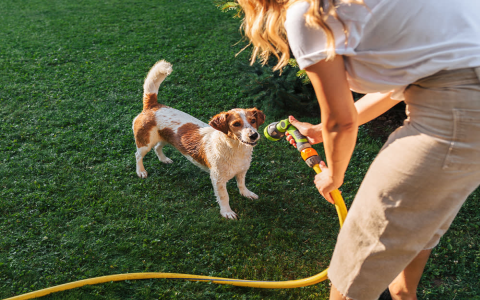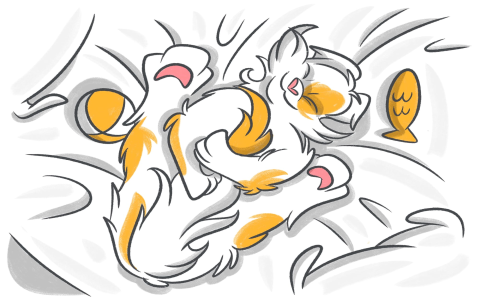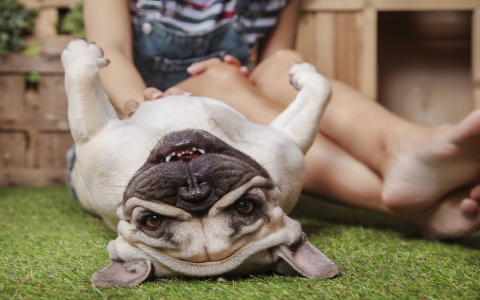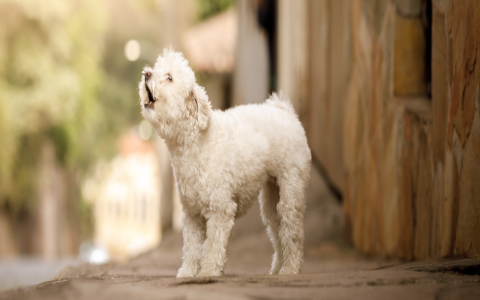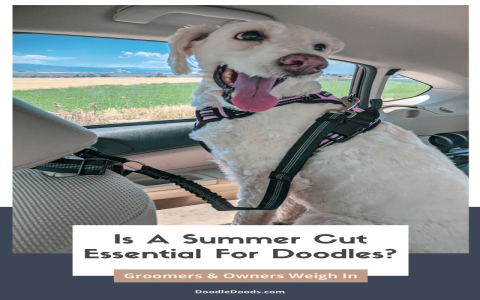Why would a dog eat its own puppy? Exploring the heartbreaking reasons for this behavior.
Okay, let's talk about something that really throws people off, something I had to wrap my head around myself after getting into dogs seriously. It’s a tough one: why a mother dog might eat her own puppy. Sounds monstrous, right? And believe me, the first time I came across this, it wasn't in a book, it was a real situation someone I knew was dealing with. Knocked me sideways.
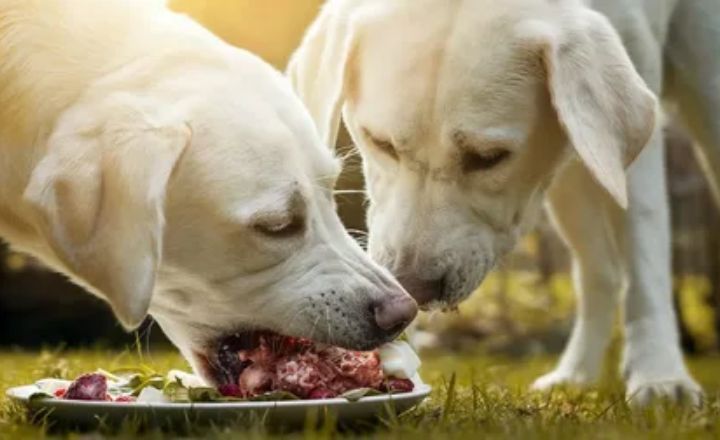
So, what happened was, a friend's dog had her first litter. Everything seemed fine, cute little pups, momma seemed okay. Then, a day or two later, one was just... gone. No trace. My friend was devastated, confused, blaming herself. We were all trying to figure it out. Did something get in? Was it stolen? It just didn't add up. That’s when an old timer breeder friend of mine, bless his heart, quietly mentioned the possibility. It was shocking to hear, honestly.
That really got me digging, asking questions, observing more closely when I had litters myself or helped others. It wasn't about reading fancy studies, more about talking to people who've been around dogs their whole lives, vets, breeders, handlers. Real hands-on experience kinda stuff. What I pieced together wasn’t pretty, but it started to make a grim sort of sense.
What I Learned Through Experience and Asking Around
Here’s the rough breakdown of what I figured out goes on in these situations:
- Something's wrong with the pup: This seemed to be the most common thing folks mentioned. Sometimes a puppy is born sick, deformed, or just isn't thriving. It might not be obvious to us right away, but the mother often knows. It sounds harsh, like really harsh, but it's almost like an instinct to not waste resources on a pup that won't survive. Nature's way, cruel as it seems. Sometimes they are stillborn, and the mother is just cleaning up the area, which is a natural instinct too.
- The mother is super stressed or scared: Think about it. A new mom, maybe her first litter, lots of noise, people poking around, other animals... it can freak her out. If she feels the environment is unsafe or she's totally overwhelmed, sometimes this awful behavior can be triggered. It's like a panic response, trying to eliminate a perceived threat or stressor. We always made sure our whelping areas were super quiet and calm after learning this.
- She's inexperienced: First-time moms sometimes just don't know what they're doing. They might handle the pups too roughly, accidentally injuring one. If a puppy dies because of this rough handling, the mother might then eat it as part of that 'cleaning up' instinct I mentioned. It's not malicious, more like confusion and instinct gone wrong.
- Mistaken identity, sort of: This one's rarer, but I heard it mentioned particularly after C-sections. The theory goes that because the mom didn't go through the natural birth process, the maternal instincts might not kick in properly right away. She might not fully recognize the pups as her own initially. Add the stress of surgery and recovery, and confusion can lead to tragedy.
- Nutrition (Maybe?): Some folks talked about poor nutrition, like the mom is desperately lacking something and tries to get it back. Honestly, most experienced people I talked to thought this was less likely than the other reasons if the dog was decently cared for, but it’s on the list people sometimes mention.
It's Gut-Wrenching, But Often Instinctual
So yeah, my journey figuring this out wasn't exactly pleasant. It’s a disturbing topic. But understanding the potential triggers – usually instinct, health issues with the pup, or extreme stress – helped me and others be better prepared. It’s about making the birthing place super secure and calm, keeping a close eye on mom and pups (especially first-timers), making sure the mom is healthy and well-fed, and recognizing when a pup might be fading. It’s not something you ever want to see, but knowing why it might happen helps you try and prevent the circumstances that lead to it. It’s definitely one of the harder sides of breeding and caring for dogs that you don't often see in the cute puppy pictures.
